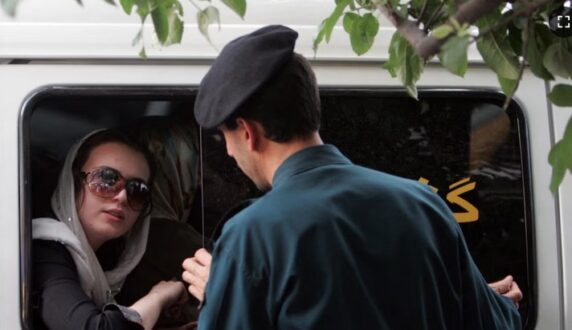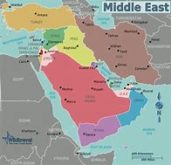RFL/RE – Iran’s “RoboKids” amusement park, known as the country’s first robotic-themed attraction, was abruptly closed down on August 3 for failing to enforce mandatory hijab rules for some female visitors.

The popular Tehran-based attraction, which operates two branches in the capital, was cited for infractions by the Public Places Authority, which led to the immediate closure of the Valiasr branch of RoboKids.
The incident highlights a broad clampdown on public, commercial, and tourist venues, hundreds of which have been shut recently due to what authorities deemed noncompliance with hijab regulations.
A statement issued by RoboKids on its Instagram account confirmed the closure, citing issues relating to the hijab, and added that the Valiasr branch would remain closed “until further notice.”SEE ALSO:Special Report: The Protests That Shook Iran’s Clerical System
The park has been lauded by UNICEF and won the top company award from Tehran’s Amirkabir University for two consecutive years.
Separately, online retail giant Digikala has reportedly had its offices opened after being closed for two weeks. The company, which is Iran’s largest online store, had its administrative building sealed shut after images of several female employees without a hijab were shared on social media.
Mohammad Mehdi Esmaeili, the minister of Culture and Islamic Guidance, referred to the removal of the hijab as a “red line” for his ministry even though some other officials, such as Hossein Islami, head of the Computer Trade Organization of Tehran Province, have criticized the actions, saying that such treatment of digital economy businesses is neither logical nor acceptable.
Anger over the suppression of human rights, and women’s rights in particular, has boiled over since last September when 22-year-old Mahsa Amini died while in police custody. She was being held for an alleged violation of the hijab law, which makes it compulsory for women and girls over the age of 9 to cover their heads when out in public.
While the protests appear to have waned slightly in recent months, resistance to the hijab remains strong as it is seen now as a symbol of the state’s repression of women and the deadly crackdown on society.
The wave of government intervention against those violating the law has been met with stiff resistance from women.
The campaign against the compulsory hijab has grown so widespread that Abdolhossein Khosropanah, the secretary of the Supreme Council of the Cultural Revolution, conceded in June that while women defying the hijab law should technically be arrested, the large numbers of women involved make such mass detentions unfeasible.
In recent weeks, authorities have broadened their crackdown on the issue, shutting down businesses, restaurants, cafes, and in some cases pharmacies due to the failure of owners or managers to enforce Islamic laws and hijab rules.
In the face of the unrest, some religious and government figures have repeatedly advocated a tougher stance by the government against offenders.
Written by Ardeshir Tayebi based on an original story in Persian by RFE/RL’s Radio Farda
 Shabtabnews In this dark night, I have lost my way – Arise from a corner, oh you the star of guidance.
Shabtabnews In this dark night, I have lost my way – Arise from a corner, oh you the star of guidance.



